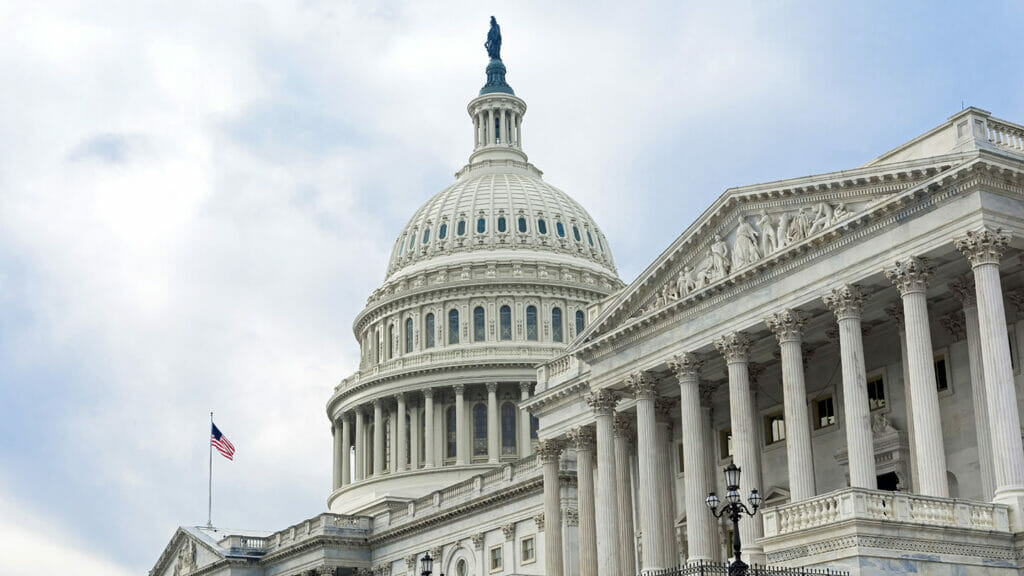
Labor and inflationary challenges battered Aveanna Healthcare Holdings, which lost $474 million in the second quarter of 2022. One of the biggest workforce pain points was the loss of registered nurses (RNs) and licensed practical nurses (LPNs) in the skilled care area of the company’s Private Duty Services segment, the CEO said during an earnings call Thursday.
“This skilled nursing business is where we are experiencing the greatest disruption in available caregivers,” CEO Tony Strange said.
Historically, such caregivers were willing to work for wages that were slightly lower than skilled nursing facilities and other areas of healthcare due to the desirability of working one-on-one with patients in their own homes. A shift in this dynamic occurred in the quarter due to two factors, he explained.
“Inflation has driven our workforce to seek employment that can and will pay higher wages, and two, more and healthcare providers are willing to hire LPNS in this environment to replace or avoid paying higher rates for travel and temporary-agency RNs,” Strange said.
Revenues at Aveanna for the second quarter of 2022 rose modestly to $443 million. That compares with revenues of $436.1 million in the year-earlier quarter. During the same period last year, the company earned a profit of $1.2 million.
Strange noted that unskilled care in the private duty segment had fewer labor challenges and generated positive volume growth in the quarter. While home health and hospice are based on the ability to hire RNs and LPNs, the company had greater flexibility to increase wages given variable reimbursement models, Strange said.
Because of the significant need for nurses and because nursing schools in the United States are operating at capacity, the country should look to immigrants to fill the pipeline, he said.
“We are encouraging the current administration to reverse some of the immigration orders put in place by previous administrations that had the unintended consequence of making it more difficult for nurses from other countries to come to the U.S. for employment,” Strange said. “In the meantime, our most effective lever is to push reimbursements to allow us to pay higher wages.”


